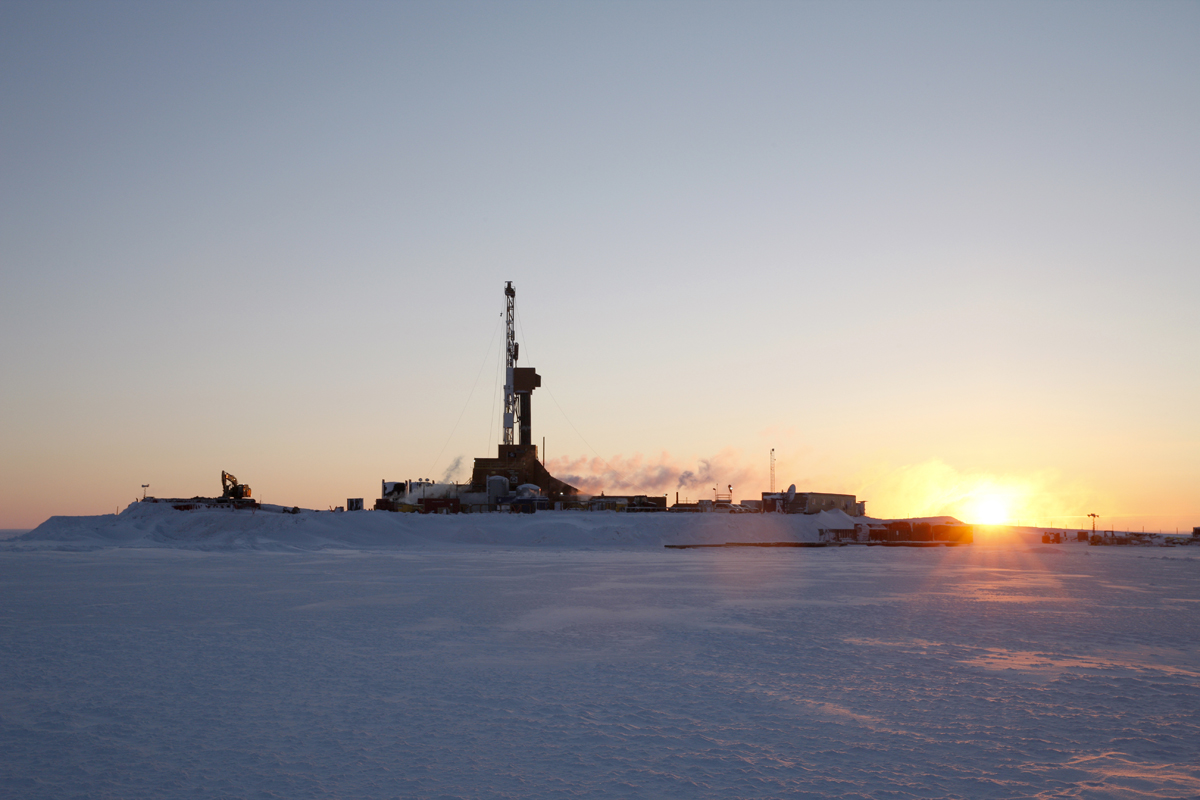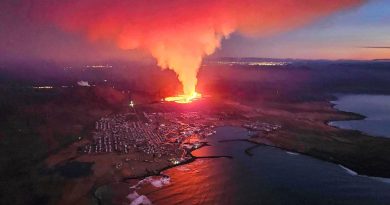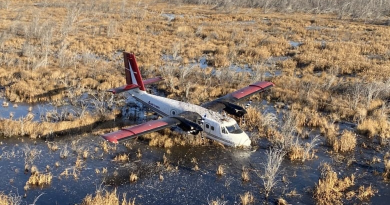Company delays drilling at Smith Bay, leaving a big Alaska energy prospect unconfirmed

Awaiting payment of at least $75 million in state tax credits and facing a long-term downturn in oil prices, an independent oil company says it won’t be drilling an appraisal well at its potentially giant discovery at Smith Bay this winter as originally planned.
An official with the producer, Caelus Energy Alaska, said Thursday that the decision to delay drilling at the remote site is also based on uncertainty over the oil-tax system, which state lawmakers are considering changing.
Nonetheless, Casey Sullivan, a Caelus spokesman, said the company is encouraged by the position taken by Gov. Bill Walker that could expedite payment of hundreds of millions of dollars in the tax credits that Alaska owes to oil companies. Sullivan said Caelus awaits payment of between $75 million and $100 million for past work done at Smith Bay and other operations in Alaska. The state considers that past work to be investments for tax purposes, and can be claimed as credits.
“We are encouraged by steps the governor has taken to compromise and pay some of those commitments,” Sullivan said.
The governor has indicated he could support a measure from the Alaska Senate — boosting money available for the state’s tax-credit payments by roughly $300 million — as part of an overall compromise package to bring the House and Senate together to help ease the state’s fiscal crisis.
Walker said Thursday afternoon that he had received a call earlier in the day from Caelus Energy founder Jim Musselman who, he said, was pleased with the efforts.
“He was understanding of our fiscal situation,” Walker said of Musselman. “It was a very positive conversation.”
Delayed tax credits payment
In November, Musselman had publicly blasted Walker after the governor delayed payment of $430 million in tax credits owed to oil companies. Walker took the step to help save the state money as it faces multibillion-dollar deficits.
Musselman told Forbes magazine that Walker had “stuck his shiv” in oil and gas operators.
Sullivan said the payment of much of the tax credits owed by the state will help Caelus, and Alaska’s oil industry and overall economy.
In April, another oil company in Alaska said it will halt a planned exploration project, citing uncertainty over the state’s oil-tax policy as problematic for attracting investment. Cook Inlet Energy, a subsidiary of Glacier Oil and Gas, postponed drilling for a year at an exploration well at its Sabre prospect in Cook Inlet.
Caelus’ project at Smith Bay, about 50 miles southeast of Barrow, is far from infrastructure such as pipelines or roads. Drilling must take place in winter, requiring construction of ice roads for hauling equipment. Seas in the shallow offshore area must freeze to support a drill rig.
Smaller field to be updated
The decision by Caelus not to drill an appraisal well this winter leaves unconfirmed the scale and validity of its discovery. The Dallas wildcatter in October heralded the prospect as “world-class.”
Caelus had said Smith Bay could produce 200,000 barrels of oil daily. Such an amount would provide a critical counterweight to expected production decline on the North Slope. But development would take many years, if it occurs at all.
In announcing its prize, Caelus said it did not have the chance to conduct a flow test in early 2016, “due to seasonal time constraints” as winter was ending. The analysis is a step in verifying a well’s capabilities.
While Smith Bay activity is on hold, Sullivan said Caelus plans to upgrade wells at the small Oooguruk field on the North Slope, to enhance oil production. About 15,000 barrels of oil daily are produced there.
The company will return to Smith Bay once economic conditions allow.
“As soon as it is prudent, we will get out there,” Sullivan said.



